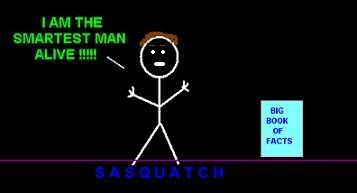Rags, Rags, Rags. I'd hoped better of you

. You are describing an idealised world where discrimination does not exist. Well, IT DOES. Women in New Zealand receive, on average, 82% of what men earn for a similar wage. There's a protest atm whereby people are crossing out the "$10" figure on $10 notes and replacing them with "$8.20". That's a pay gap, and employmennt figures are also subject to such a discrepancy. The same goes for minority communities, and, while I have no figure ready, I can be reasonably sure that this occurs EVERYWHERE to a greater or lesser extent.




 Reply With Quote
Reply With Quote

























 . You are describing an idealised world where discrimination does not exist. Well, IT DOES. Women in New Zealand receive, on average, 82% of what men earn for a similar wage. There's a protest atm whereby people are crossing out the "$10" figure on $10 notes and replacing them with "$8.20". That's a pay gap, and employmennt figures are also subject to such a discrepancy. The same goes for minority communities, and, while I have no figure ready, I can be reasonably sure that this occurs EVERYWHERE to a greater or lesser extent.
. You are describing an idealised world where discrimination does not exist. Well, IT DOES. Women in New Zealand receive, on average, 82% of what men earn for a similar wage. There's a protest atm whereby people are crossing out the "$10" figure on $10 notes and replacing them with "$8.20". That's a pay gap, and employmennt figures are also subject to such a discrepancy. The same goes for minority communities, and, while I have no figure ready, I can be reasonably sure that this occurs EVERYWHERE to a greater or lesser extent.




Bookmarks